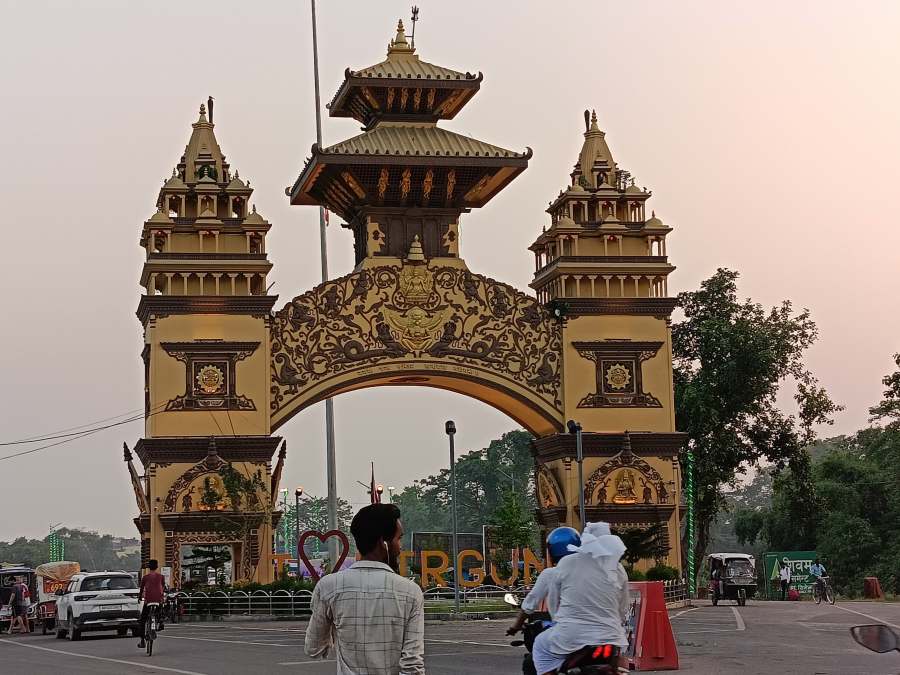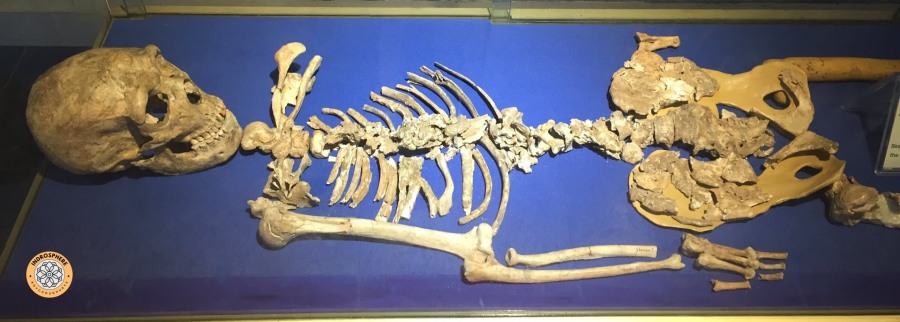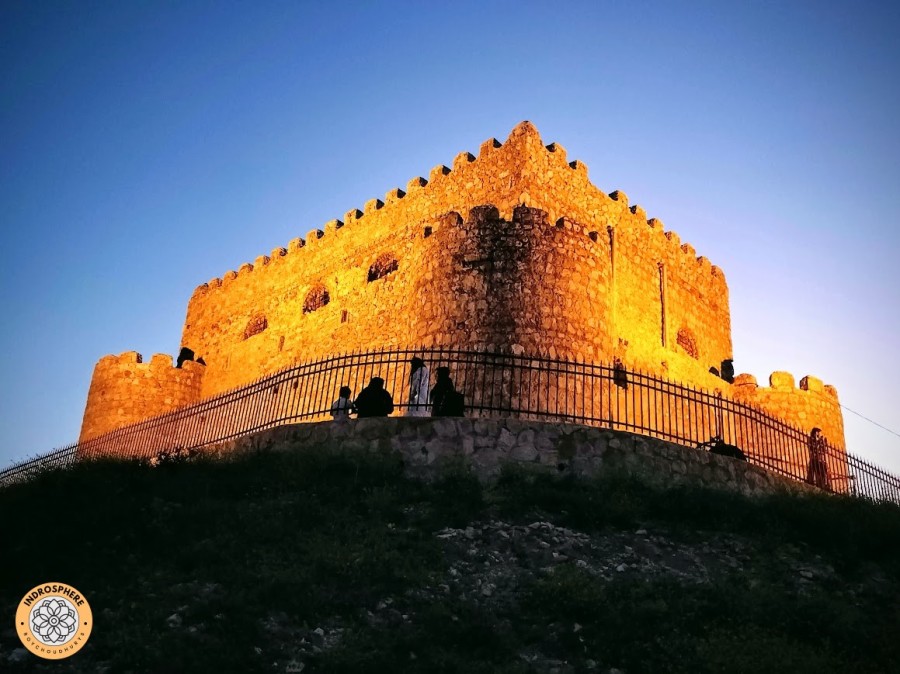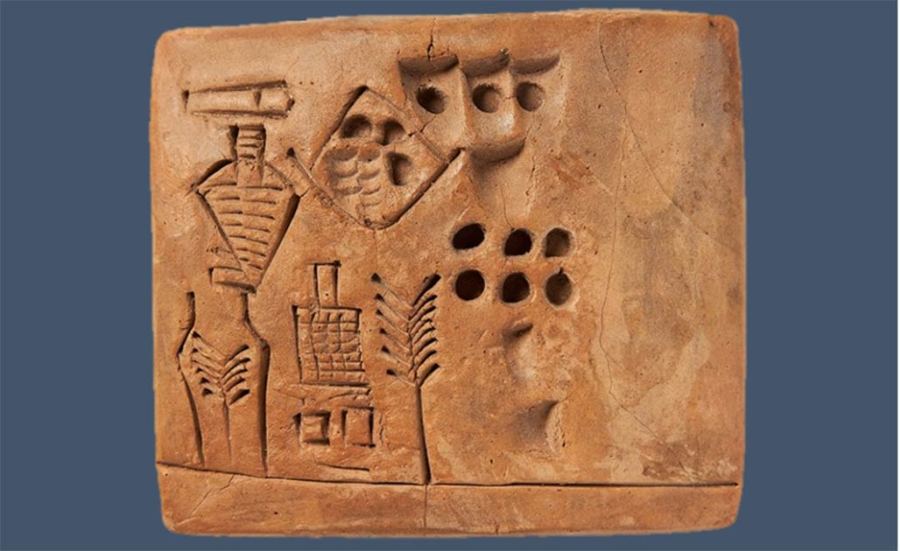Pinpointing the very first person in written history is quite challenging because the earliest written records date back thousands of years and are often fragmented or incomplete. However, some of the earliest known written records come from ancient civilizations like the Sumerians, who lived in Mesopotamia (modern-day Iraq) around 3500-3100 BCE. The name "Kushim" appears on a clay tablet dating back to around 3200 BCE from ancient Sumeria. This tablet, known as the "Kushim Tablet" or "Kushim Seal," records the sale of a quantity of barley and is considered one of the earliest examples of written documentation of a commercial transaction. The Kushim Tablet, dating back to around 3200 BCE, captures a pivotal moment in civilization, marking the birth of written language for practical administrative and economic needs. This artefact, though seemingly mundane, offers a glimpse into the intricate tapestry of early trade and commerce, symbolizing the fundamental role of every individual in shaping our shared human story.










